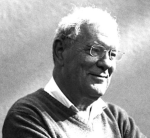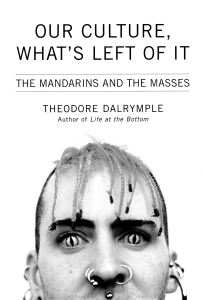 Asked whether Matteo Salvini, Italy’s deputy premier and interior minister, was right to arrest non-governmental organisations that rescued migrants in the Mediterranean and brought them to Italy, Ursula von der Leyen, president-elect of the European Commission, is reported as saying:
Asked whether Matteo Salvini, Italy’s deputy premier and interior minister, was right to arrest non-governmental organisations that rescued migrants in the Mediterranean and brought them to Italy, Ursula von der Leyen, president-elect of the European Commission, is reported as saying:
It is an obligation for people to rescue the drowning. What Italy wants above all is the reform of the dysfunctional system. I understand that the countries of the European Union with external frontiers do not want to be left to face the challenge of migration alone. They deserve our solidarity.
This is what a friend of mine calls a mashed-potato answer, one that does not address the question but succeeds in conveying a vague and non-committal aura of benevolence. Our solidarity: who could be against it? But what would it mean in practice, our solidarity? It would mean spreading out all the illegal migrants who have arrived in Italy among the other countries of Europe, whether those other countries wanted them or not (and whether or not the migrants wanted to go to the countries allocated to them). Solidarity might not last very long, and might turn into its opposite: extreme hostility. The word solidarity suggests something that those in favour of mass migration are at pains to deny: that the migrants, far from being an asset to the countries they have migrated to, are a burden on them.
Dalrymple points out that von der Leyen
disregards the evidence that Salvini’s policy has been a great success, at least from the point of view of preventing illegal immigration into Italy and deaths by drowning of those trying to reach it. He has saved incomparably more lives by his firmness than have all the NGOs put together who try to save the drowning.
 The self-righteous NGOs, who make a mockery of national laws, have by encouraging people to try to reach Italy
The self-righteous NGOs, who make a mockery of national laws, have by encouraging people to try to reach Italy
underwritten thousands of deaths. It is one thing to save the drowning whenever you find them, but another to go looking for them. The NGOs are an illustration of Wilde’s definition of the sentimentalist: one who desires to have the luxury of an emotion without paying for it. The costs are imposed on others.
There is in von der Leyen, Dalrymple observes,
very little other than slogan, cliché and evasion, with a leavening of humbug.











